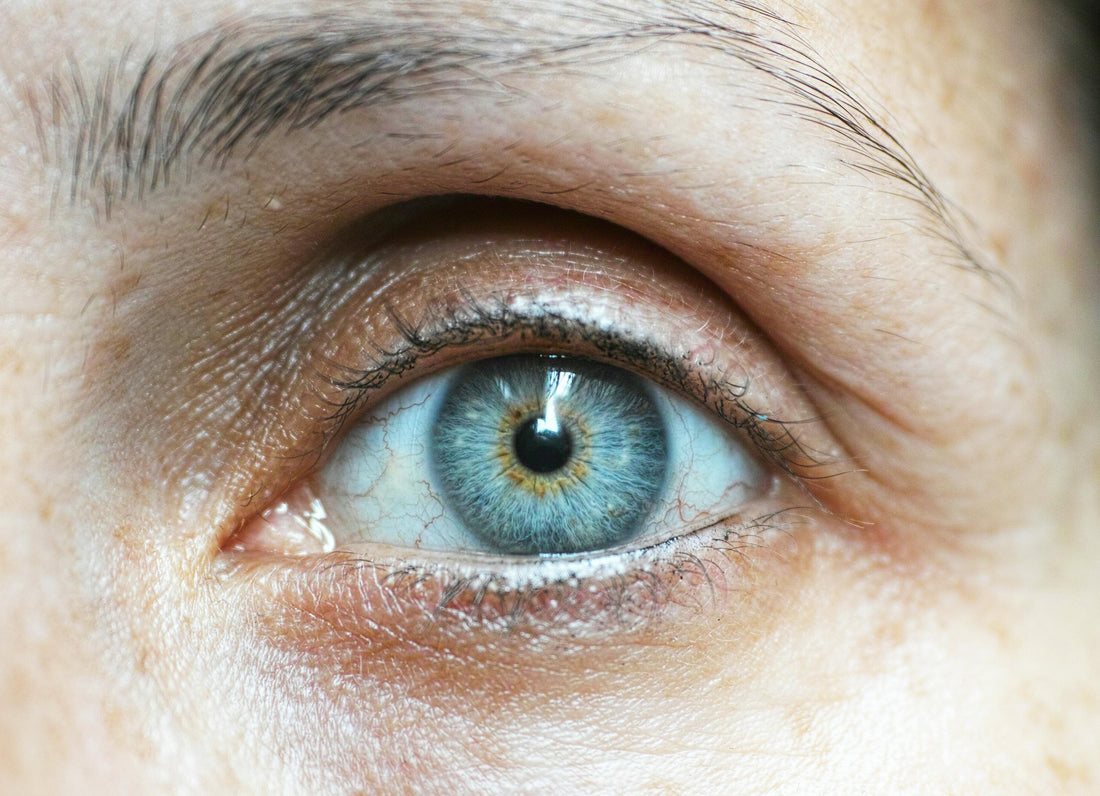Diabetes and the eye
Diabetes affects our health in many ways including the health of our eyes due to the effects of prolonged raised blood sugars, our blood glucose levels. Many of the significant eye related symptoms of diabetes aren’t noticeable until later stages, so routine monitoring in the community is very important and this is why diabetics are offered a regular routine eye examination funded by the NHS.
People suffering from diabetes are also invited to an NHS screening programme annually or every two years, in which special drops are used to dilate the pupil and then photographs are taken of the back of the eye to get a detailed view of the light sensitive layer called the retina, including the area of the retina responsible for our central vision called the macula.
These photographs are assessed for signs of diabetic changes to the retina and macula, conditions known as diabetic retinopathy and diabetic maculopathy and then these results are graded depending on the significance of the findings. The results of this screening are sent to the GP and the person with diabetes and will be followed by, most commonly, another routine screening appointment next time or in some cases, a referral to the hospital eye clinic when further assessments or treatment are required.
Diabetic retinopathy
The reason why diabetes affects our eyes is because it changes the way the blood vessels work around the retina and can cause them to become more “leaky”. When this happens in its initial stages, there may be no symptoms at all, but there is the potential that this may develop gradually over time, eventually causing enough change in the structures of the back of the eye that we may start to notice symptoms causing changes in our eyesight. Sudden blurred or patchy vision, distorted vision, flashing lights or a sudden increase in spots floating in the vision are just a few examples of symptoms that must be reviewed straight away without delay.
In any case, it is always important that any new or unusual eye related symptoms of any nature should be reported to your local optometrist immediately.
Risk factors
Not all diabetics will develop diabetic retinopathy but anyone with diabetes is at risk of developing changes to the eyes and in fact, other structures with the body, due to the effects of prolonged raised blood sugar levels.
According to the NHS, we are also at increased risk of diabetic changes if we have high blood pressure or high cholesterol. This is why it is vital we lead a healthy lifestyle as far as possible.
The way in which our body functions naturally changes with age and therefore ageing is a risk factor in itself but there are many things that are in our control, modifiable risk factors, that can help us to try to keep our risk of the complications of diabetes reduced.
Keeping a healthy balanced diet, ensuring we don’t consume too much salt, sugar and fats is one way we can reduce our risk. Smoking and alcohol consumption are also known risk factors and there is advice and support available from your local pharmacy and your GP to help you to manage this.
It’s also important to try to get regular exercise, increasing our activity levels on a daily basis, as this is also thought to be beneficial for our mental health.
Looking after our general health as well as your eyes
Lifestyle changes can not only help us to control our blood sugar levels but also our blood pressure and cholesterol levels, which in turn can reduce our risk of heart problems, something which we refer to as cardiovascular disease.
Summary
We can all make choices in our lives to try to reduce our risk of developing diabetes and/or its associated complications such as retinopathy. If you have any queries about how you can improve your lifestyle and reduce your risk of diabetic retinopathy or diabetes in general, high blood pressure or high cholesterol, speak to your local pharmacist or GP.
Optometrists also have an ever-growing array of clinical skills and equipment to help you look after your eye health. For any queries about the impact of raised blood sugar levels, high blood pressure or cholesterol on your eyes, contact your local optometrist.
This article was written for informational purposes only, and does not constitute advice. Always consult with a qualified medical practitioner for advice and information on diagnosis, monitoring and treatment.
Information checked 10/6/2025.

